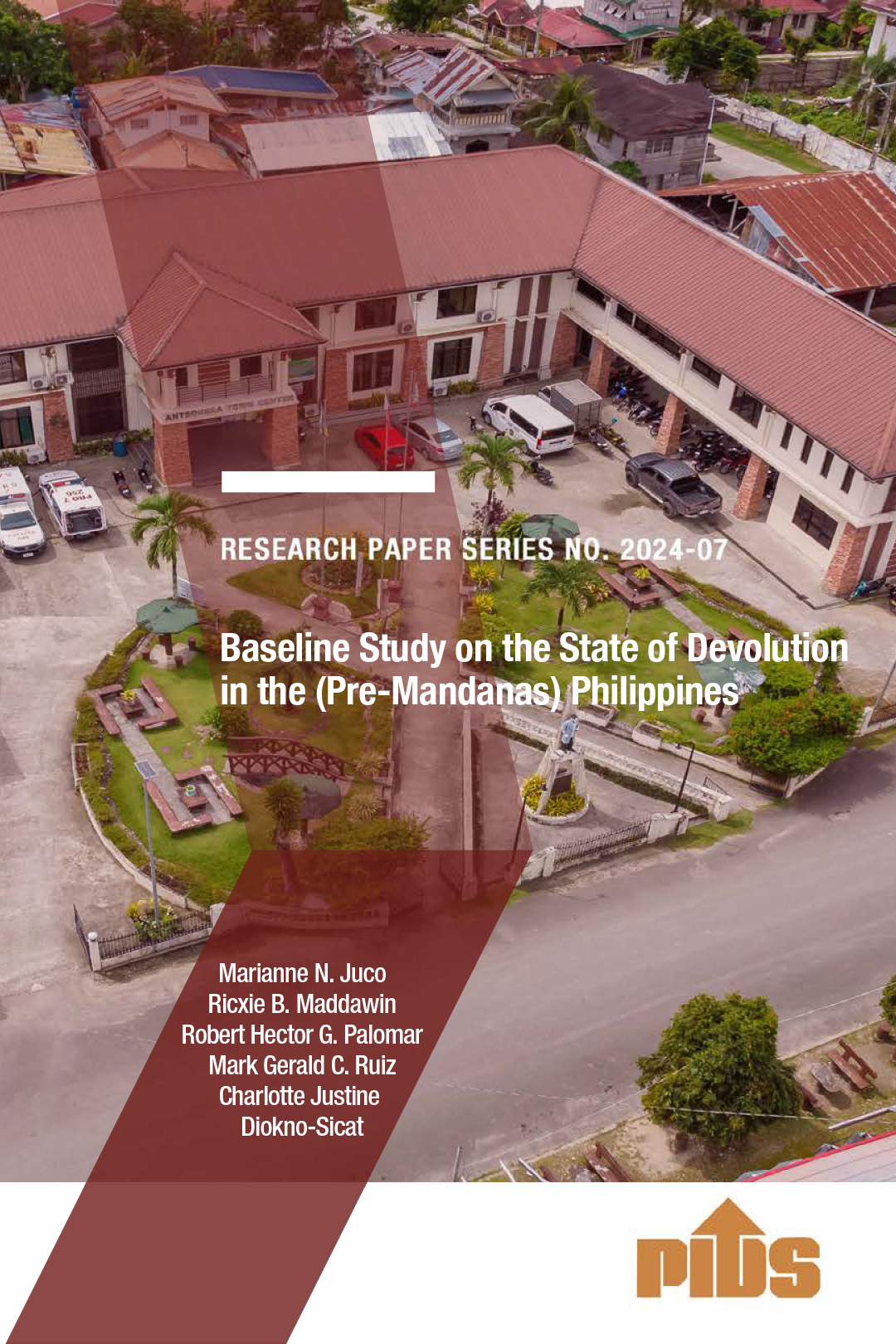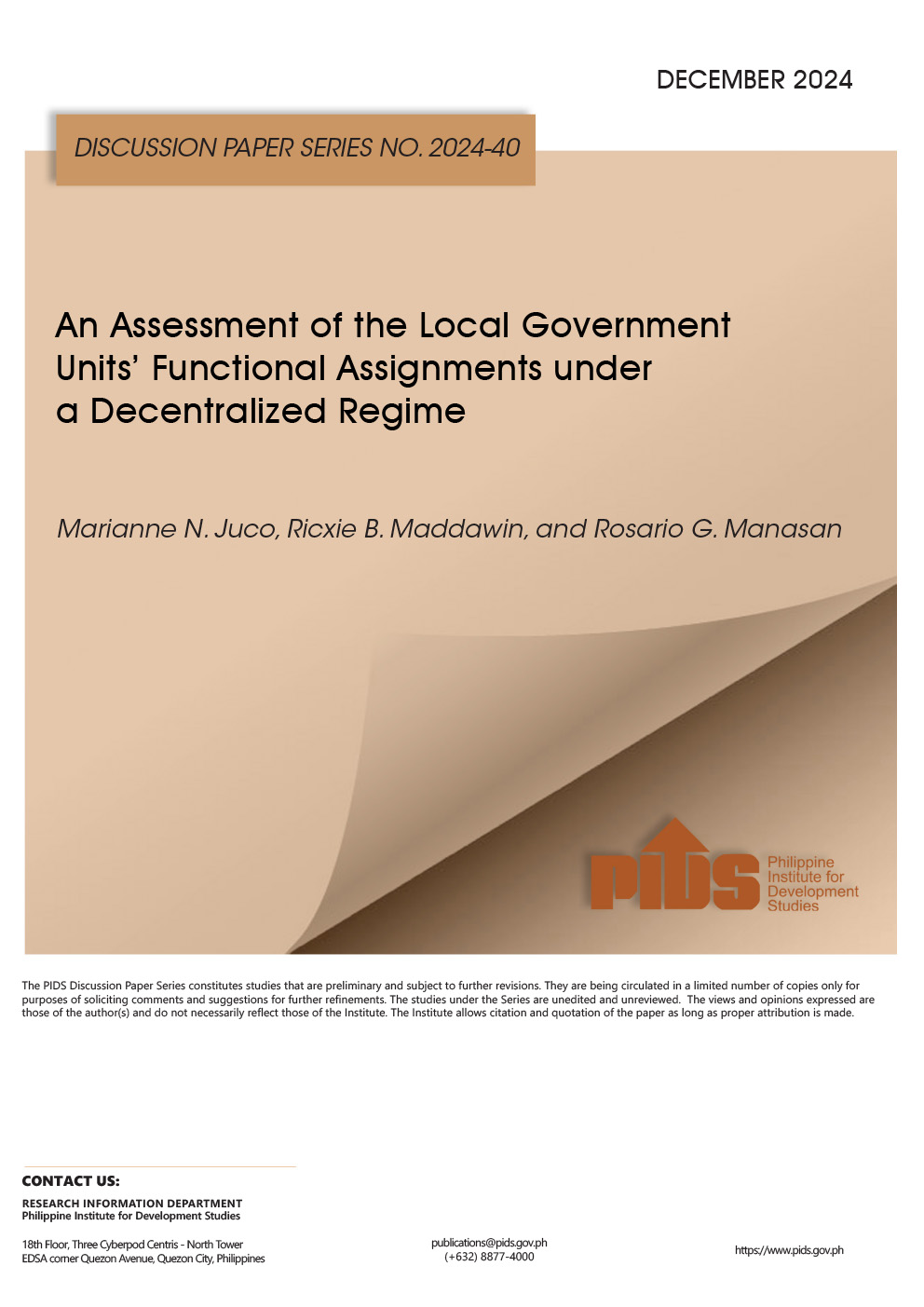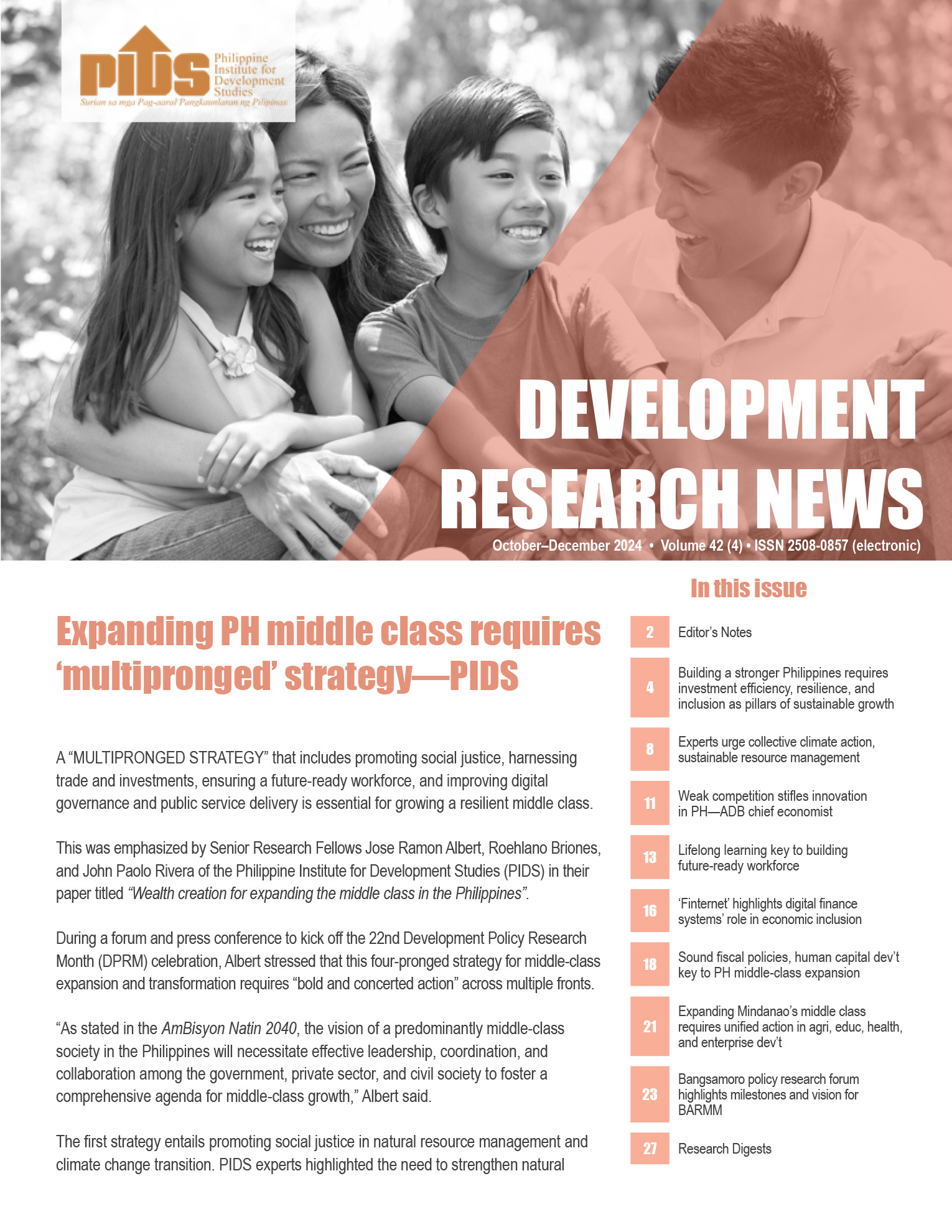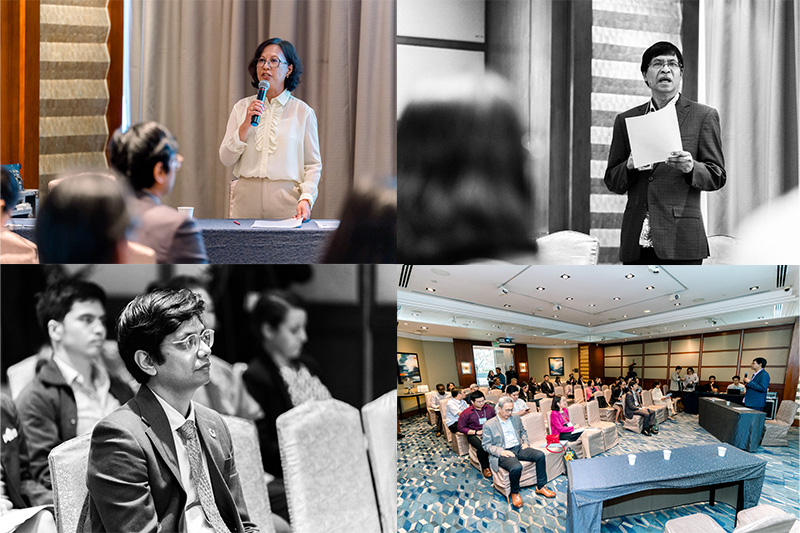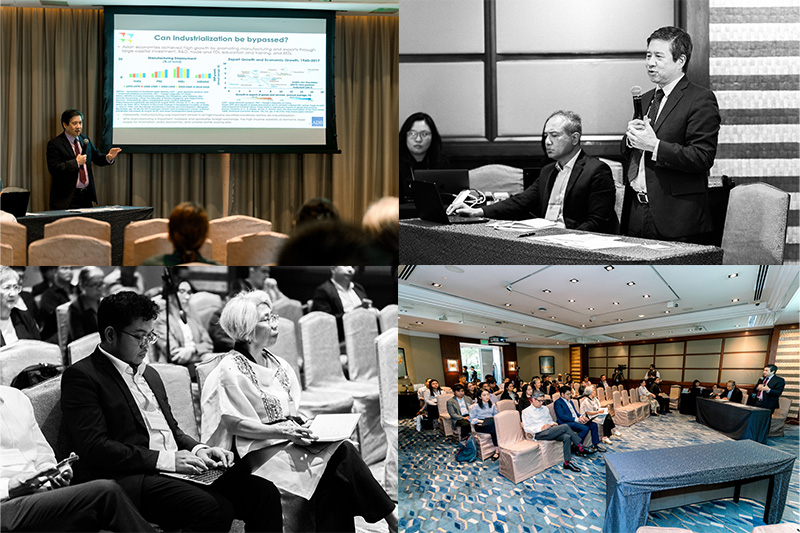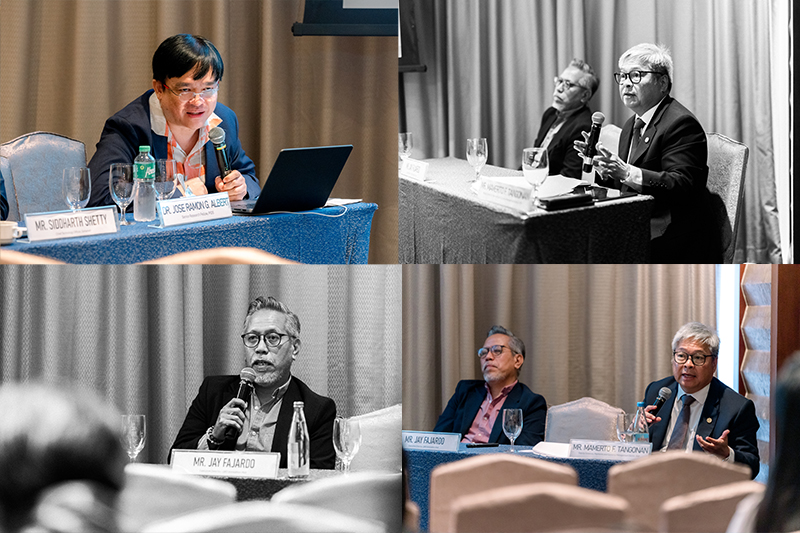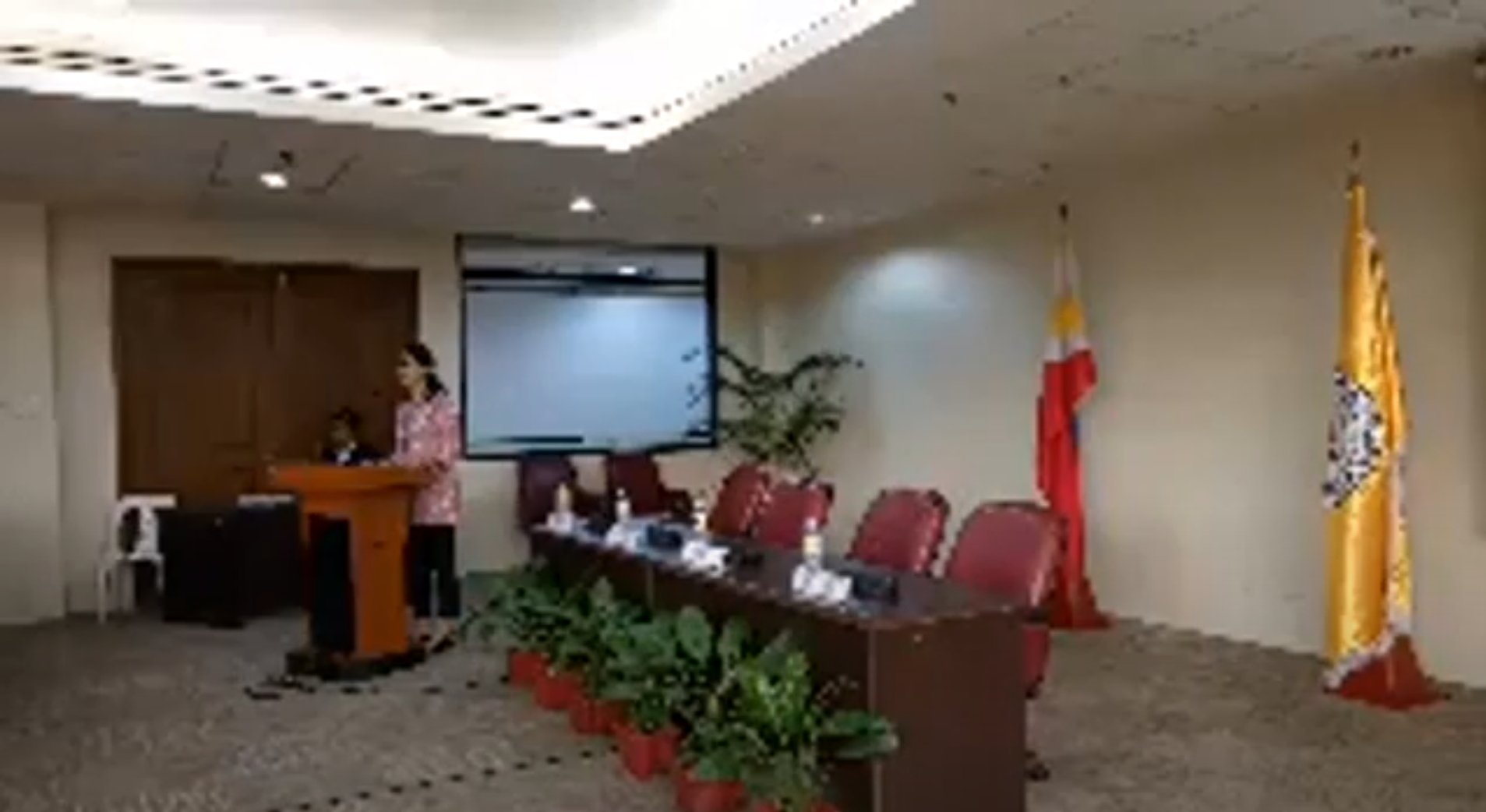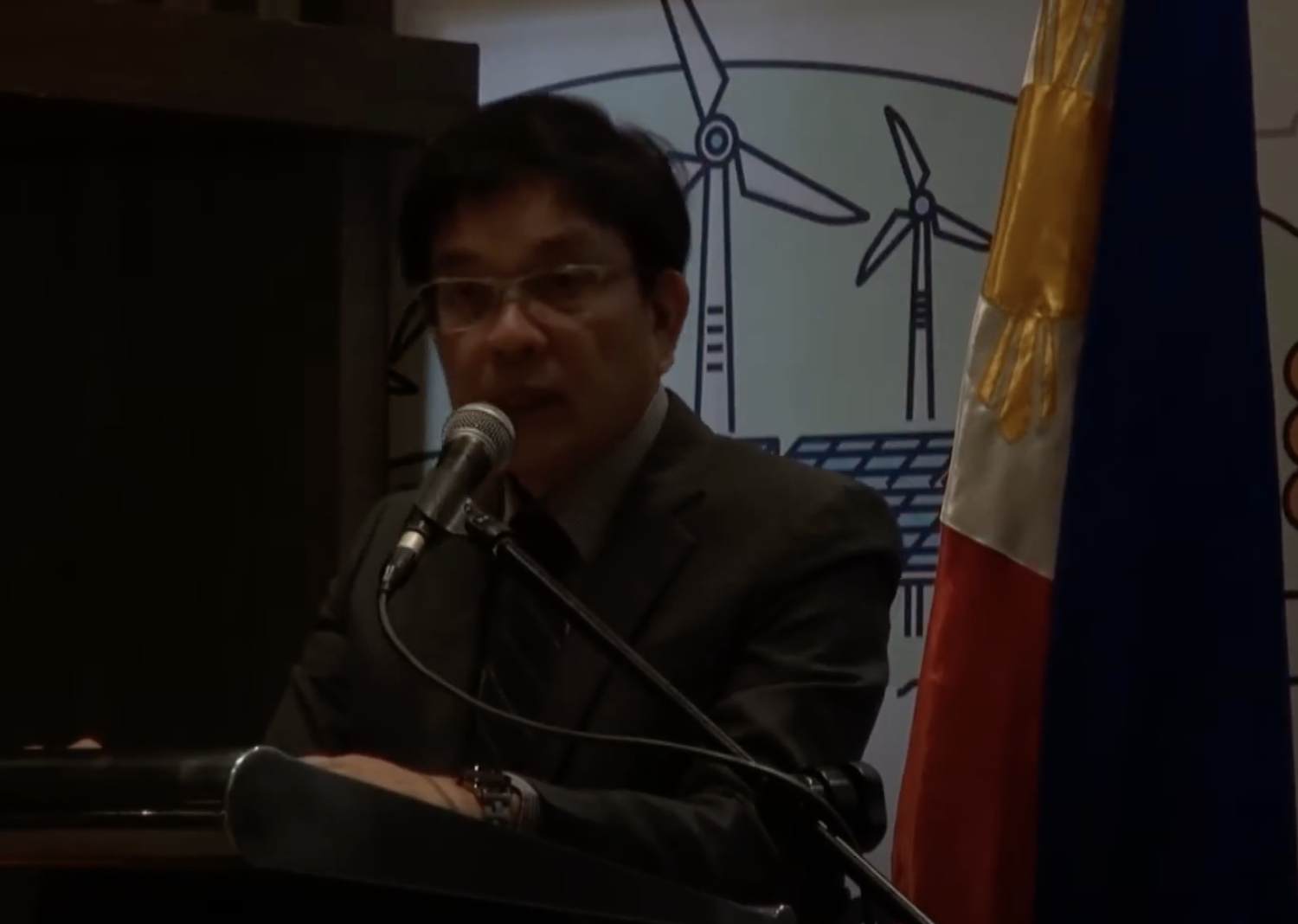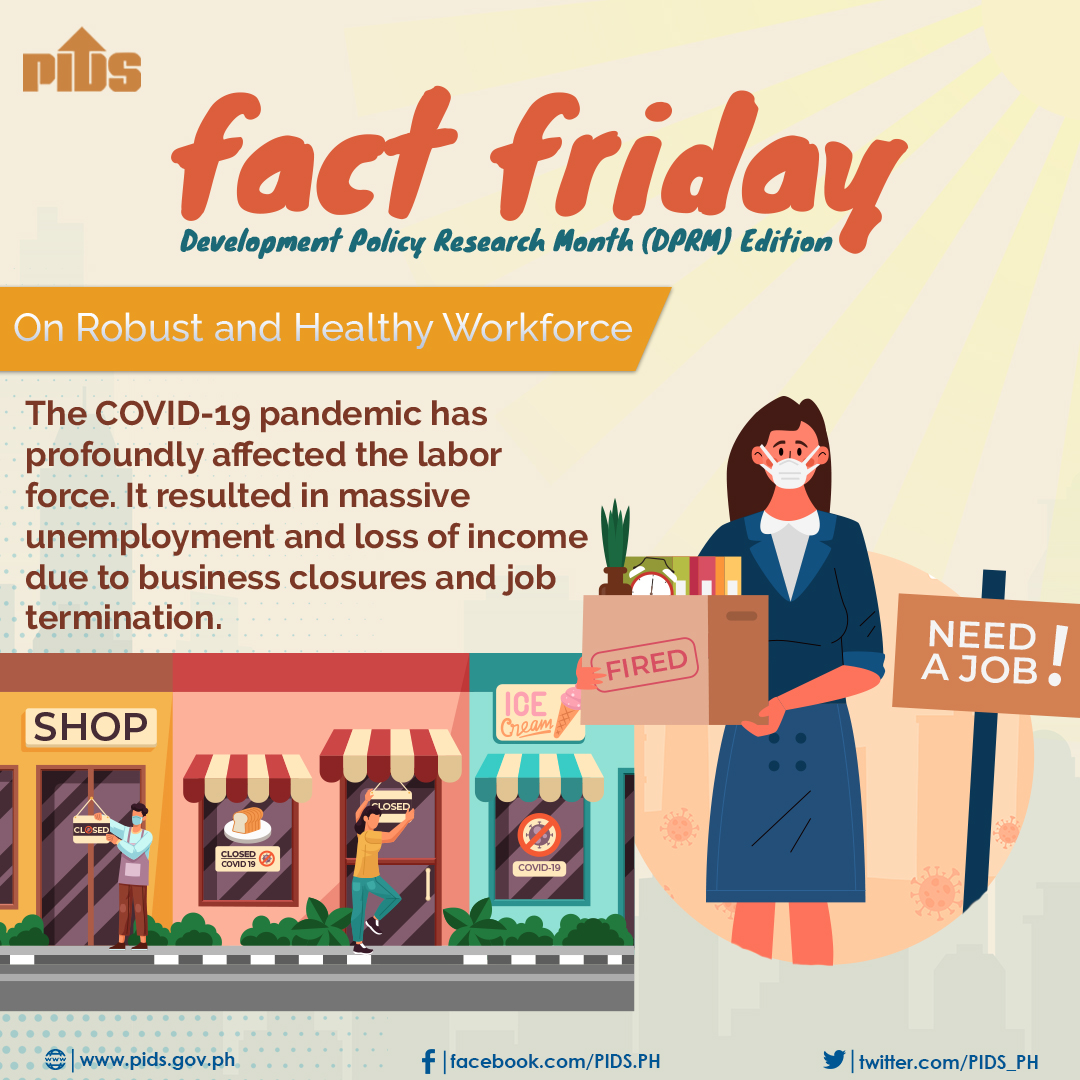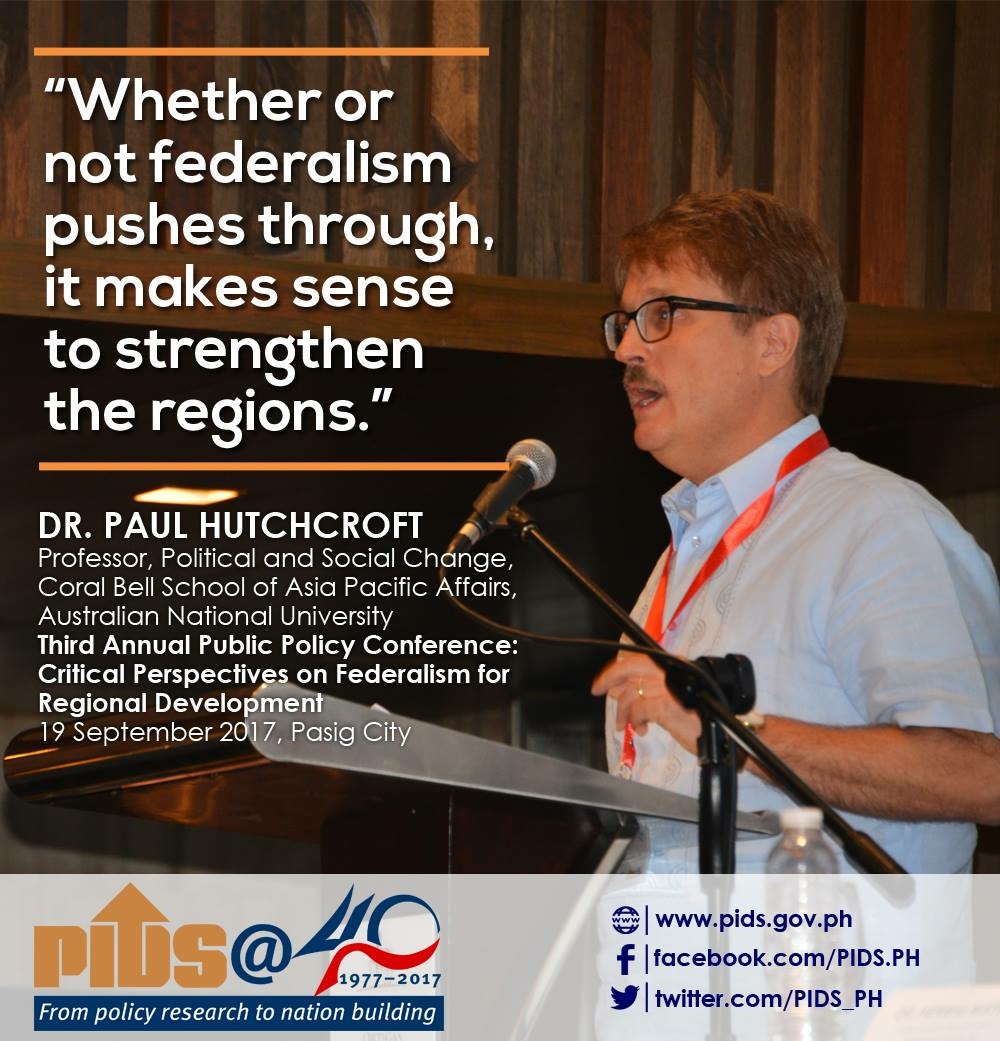
The Philippines has made some progress in decentralizing powers to local government units, but the government needs to do more.
This was what international experts agreed during the third Annual Public Policy Conference (APPC) organized by the state think tank Philippine Institute for Development Studies held recently at the Marco Polo Hotel as part of the observance of the Development Policy Research Month.
“The Philippines is easily one of the most decentralized countries already within Southeast Asia, far more decentralized than federal Malaysia,” Australian National University Professor Paul Hutchcroft said.
He, however, added that there is much more to be done and consider if the country decides to shift to a federal form of government—a proposal that has gained traction since President Rodrigo Duterte assumed office in 2016 in a bid to solve the weak regional development and inefficient public service delivery in the country.
For one, stakeholders must remember that there is no one-size-fits-all kind of federalism, or major political reform for that matter, adding that the type of federalism to be adopted depends on the needs of the people and the preexisting political conditions in the country.
According to Hutchcroft, when it comes to deciding on major reforms like federalism, there are no ‘quick fixes’ and that federalism is not something that “once you have put it in place, it will resolve things.” There will always be issues between the national and local level, he added.
But whether or not federalism pushes through, Hutchcroft said there is a need for the government to strengthen the regions. This, according to him, can bring development, not only in the local level, but in the whole country as well.
“If federalism pushes through, it is critical to have stronger states as a foundation so why not begin that now?”
Furthermore, he said it is also important to understand the nature of the country’s political institutions, especially the bureaucratic institutions and the political party system, saying that “if both are weak, whatever is constructed may end up being unstable.”
Meanwhile, Herwig Mayer from the Deutsche Gesellschaft für Internationale Zusammenarbeit GmbH, emphasized the need to determine functional assignments in the different levels of government for tax collection, transportation, and education for instance, saying that “functional assignment will definitely define your way on how you would shape your federalism.” This way, Mayer said, the government will be able to determine the amount and the kind of resources needed for each level.
He warned that mismatches between the resources and functions can cause ‘major trouble’ for the government because not enough funding will be given to the different levels. The government also needs to invest on human capital to be able to manage funds in the local level, according to Mayer.
As discussions on this major reform are still on going, Mayer also reminded key players that the road to federalism will not be a smooth one as it entails that various factors will have to be taken into consideration.
“Federalism starts at the center with a commitment to let go. If you don’t want to have it, don’t start it, but if you are committed, then go for it and do it swiftly,” Mayer said.
Similarly, Hutchcroft also warned of unintended consequences that have to be anticipated, especially in huge political reforms like shifting to federalism.
The APPC serves as the culminating activity of the Development Policy Research Month (DPRM), an annual nationwide celebration led by PIDS every September pursuant to Presidential Proclamation No. 247.
Started in 2015, the APPC aims to convene policy experts and researchers to analyze critical issues relevant to development planning and policymaking. PIDS envisions it to serve as a platform to cultivate a strong culture of research and use of data and evidence among the country's national and local decisionmakers in policymaking and program planning. Through the different topics highlighted in every DPRM celebration, this event also aims to raise the public's literacy of important socioeconomic issues.###
This was what international experts agreed during the third Annual Public Policy Conference (APPC) organized by the state think tank Philippine Institute for Development Studies held recently at the Marco Polo Hotel as part of the observance of the Development Policy Research Month.
“The Philippines is easily one of the most decentralized countries already within Southeast Asia, far more decentralized than federal Malaysia,” Australian National University Professor Paul Hutchcroft said.
He, however, added that there is much more to be done and consider if the country decides to shift to a federal form of government—a proposal that has gained traction since President Rodrigo Duterte assumed office in 2016 in a bid to solve the weak regional development and inefficient public service delivery in the country.
For one, stakeholders must remember that there is no one-size-fits-all kind of federalism, or major political reform for that matter, adding that the type of federalism to be adopted depends on the needs of the people and the preexisting political conditions in the country.
According to Hutchcroft, when it comes to deciding on major reforms like federalism, there are no ‘quick fixes’ and that federalism is not something that “once you have put it in place, it will resolve things.” There will always be issues between the national and local level, he added.
But whether or not federalism pushes through, Hutchcroft said there is a need for the government to strengthen the regions. This, according to him, can bring development, not only in the local level, but in the whole country as well.
“If federalism pushes through, it is critical to have stronger states as a foundation so why not begin that now?”
Furthermore, he said it is also important to understand the nature of the country’s political institutions, especially the bureaucratic institutions and the political party system, saying that “if both are weak, whatever is constructed may end up being unstable.”
Meanwhile, Herwig Mayer from the Deutsche Gesellschaft für Internationale Zusammenarbeit GmbH, emphasized the need to determine functional assignments in the different levels of government for tax collection, transportation, and education for instance, saying that “functional assignment will definitely define your way on how you would shape your federalism.” This way, Mayer said, the government will be able to determine the amount and the kind of resources needed for each level.
He warned that mismatches between the resources and functions can cause ‘major trouble’ for the government because not enough funding will be given to the different levels. The government also needs to invest on human capital to be able to manage funds in the local level, according to Mayer.
As discussions on this major reform are still on going, Mayer also reminded key players that the road to federalism will not be a smooth one as it entails that various factors will have to be taken into consideration.
“Federalism starts at the center with a commitment to let go. If you don’t want to have it, don’t start it, but if you are committed, then go for it and do it swiftly,” Mayer said.
Similarly, Hutchcroft also warned of unintended consequences that have to be anticipated, especially in huge political reforms like shifting to federalism.
The APPC serves as the culminating activity of the Development Policy Research Month (DPRM), an annual nationwide celebration led by PIDS every September pursuant to Presidential Proclamation No. 247.
Started in 2015, the APPC aims to convene policy experts and researchers to analyze critical issues relevant to development planning and policymaking. PIDS envisions it to serve as a platform to cultivate a strong culture of research and use of data and evidence among the country's national and local decisionmakers in policymaking and program planning. Through the different topics highlighted in every DPRM celebration, this event also aims to raise the public's literacy of important socioeconomic issues.###

